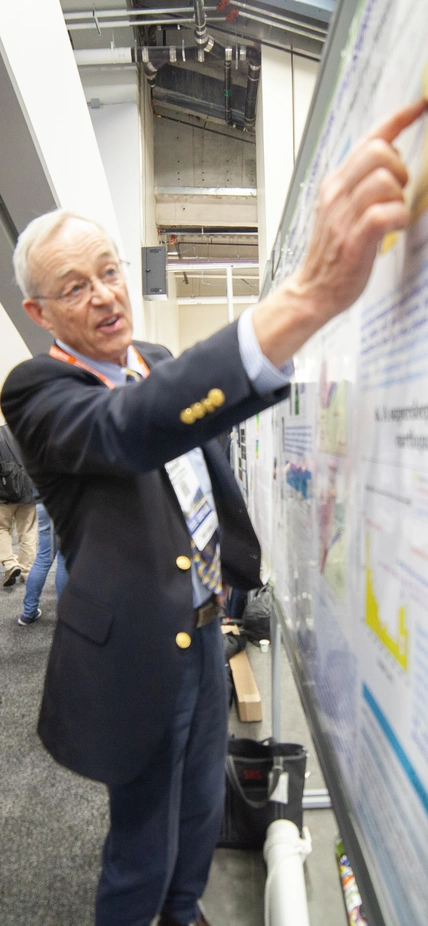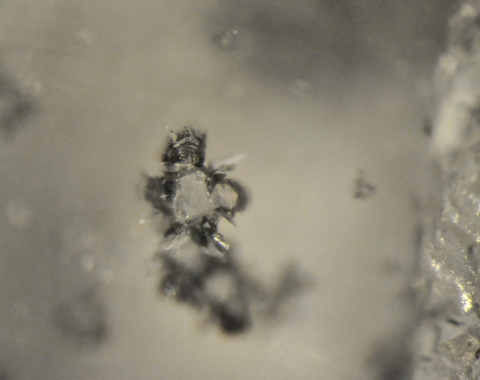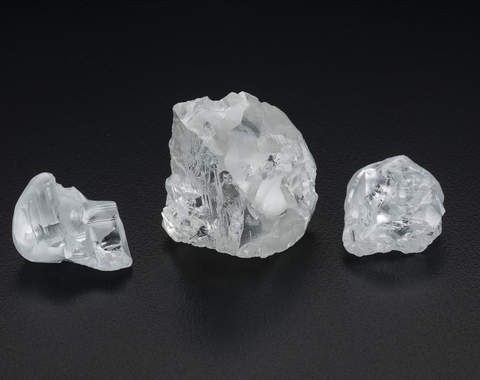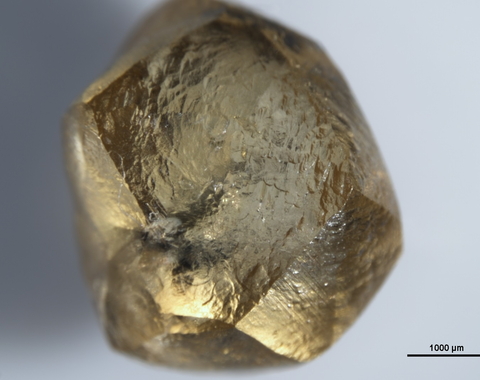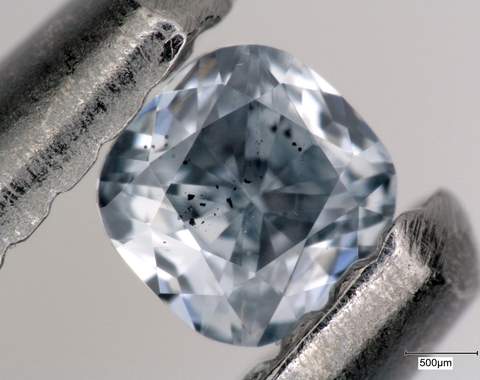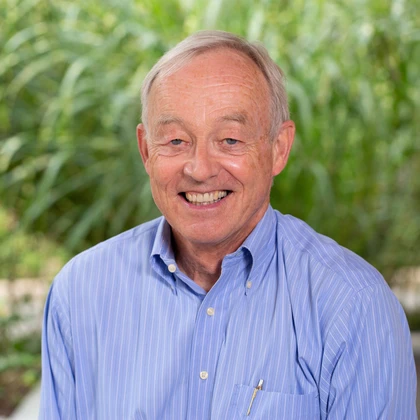
Washington, DC— “Earth historian” Steven B. Shirey, whose research reveals the geochemical processes that have shaped our planet now and in the distant past, will receive the American Geophysical Union’s prestigious Harry Hess Medal for 2025. This annual prize recognizes a senior scientist for “outstanding achievements in research on the constitution and evolution of the Earth and other planets.”
Throughout his remarkable 42-year career at the Carnegie Institution for Science, Shirey developed and used with great effect a multitude of geochemical tracers and radiogenic and stable isotopic systems. With these tools, he placed petrogenetic and time constraints on the origin and evolution of oceanic and continental crust, the subcontinental mantle lithosphere, the deeper convecting mantle, and the consequences of plate tectonics.
Shirey’s investigations span a vast range of natural samples accessed from both oceanic and continental settings, at the scale from the outcrop to micron-sized mineral inclusions, and over timescales spanning from the most ancient Archean rocks to modern lavas. Shirey’s research is published in more than 170 journal articles, which have accumulated nearly 21,000 citations, reflecting a major impact in Earth sciences.
“Congratulations to Steve on this well-deserved recognition of his many contributions to our knowledge of the interactions that have shaped our planet’s geologic history,” said Earth and Planets Laboratory Director Michael Walter.
The medal is named in honor of pioneering geoscientist Harry H. Hess, who made significant contributions to the study of the oceanic lithosphere. Early in his career, this illustrious researcher spent a year at Carnegie’s former Geophysical Laboratory, now part of the Earth and Planets Laboratory in the nation’s capital. As Hess Medal awardee, Shirey joins notable former Carnegie Earth scientists who have been Hess medalists: directors George Wetherill and Sean Solomon; staff scientists Ikuo Kushiro, Stanley Hart, and Albrecht Hofmann; and fellow Richard Walker.
Shirey received his bachelor’s degree from Dartmouth College; his M.Sc. from the University of Massachusetts Amherst, studying under Tony Morse; and his Ph.D. from Stony Brook University, studying under Gilbert Hanson. In 1984, he joined Carnegie’s former Department of Terrestrial Magnetism, working with Director Emeritus Richard Carlson. He was appointed to Carnegie’s scientific staff in 1985.
AGU, the world's largest Earth and space science association with more than 62,000 members in 137 countries, celebrates individuals and teams for their accomplishments in research, education, science communication, and outreach through its annual honors and recognition program.
Shirey joins a distinguished group of scientists, leaders, and communicators recognized by AGU for their contributions to advancing science. According to the organization’s announcement, each honoree “reflects AGU's vision for a thriving, sustainable and equitable future supported by scientific discovery, innovation and action.”
Honorees will be recognized at AGU25, which will convene in New Orleans in December. Reflecting the theme Where Science Connects Us: at AGU25, the Honors Reception will recognize groundbreaking achievements that illustrate science's continual advancement, inspiring the AGU community with their stories and successes.
